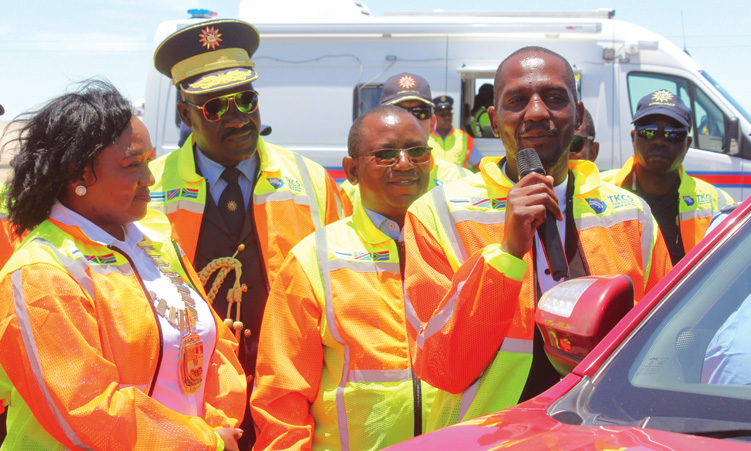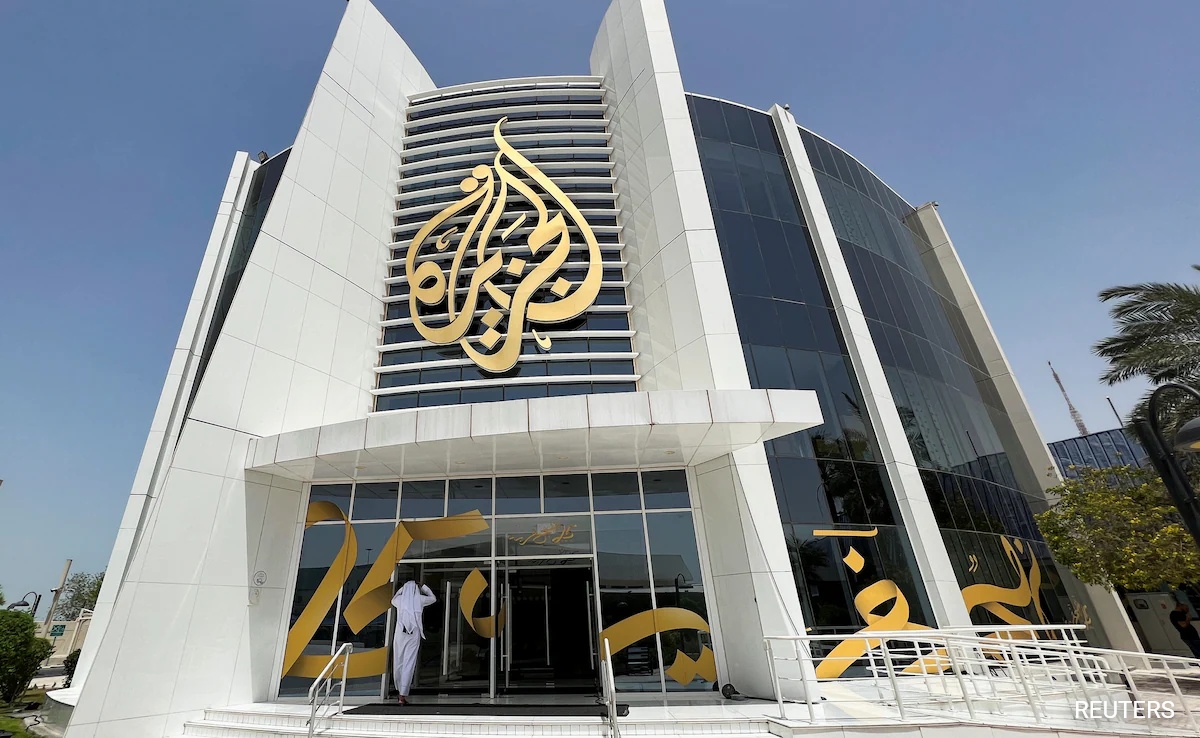Deputy works and transport minister Veikko Nekundi says the development and security of Namibia’s trade corridors are crucial for the successful realisation of the African Continental Free Trade Agreement and the socio-economic health of the nations sharing these corridors.
The country’s corridors offer intra- and international trade access to several landlocked nations in southern Africa.
According to Nekundi, Namibia is particularly important to its landlocked members because of the port of Walvis Bay.
He was speaking at the launch of the 13th Trans Kalahari Corridor Management Committee (TKCMC) Joint Law Enforcement Operation at Swakopmund on Tuesday, under the theme, ‘Safer Corridor #Brighter Future: Navigating the TKC to Safety’.
During the event, law enforcement agents from Namibia, South Africa and Botswana, representing various stakeholders in trade facilitation, converged to establish checkpoints along the Trans Kalahari Corridor (TKC).
The TKC connects Walvis Bay and Windhoek in Namibia to Pretoria in South Africa. The corridor also passes through Botswana. It is about 1 900 kilometers long and connects major cities and border posts. It was officially opened in 1998 and cost about N$850 million. The corridor aims to reduce congestion at border posts, shorten transit times and improve security.
The main objectives are to promote compliance with law enforcement along the corridor; increase law enforcement visibility; promote safety and security; enforce laws and regulations intended to improve traffic safety and those related to transport; identify areas of harmonisation; and joint training programmes.
Nekundi noted that several bilateral and multilateral transport agreements have been entered into between Namibia and member states to ensure the seamless movement of goods and people across borders.
He further acknowledged that such law enforcement exercises fast-track deeper regional integration, which is key for economic development and in support of the free trade area.
The agreement, bringing together 55 African Union countries and eight Regional Economic Communities, officially started trading on 1 January 2021. It will create a single market for the continent – and the harmonisation of the corridors is key to allowing for the free and safe flow of goods and people that drive this market.
The deputy minister said the three member states of the TKCMC should continue with the development of the corridors to ensure they remain the best in Africa.
“This will boost investor confidence,” he said, adding that Namibia has also begun upgrading its railway network to Southern African Development Community standards and that Namibia will be connected to Botswana, Zambia and other states to be in line with African free trade of goods and services.
TKC Secretariat executive director Leslie Mpofu urged for the development of ‘smart (digital) corridors’ to ensure they remain relevant and competitive.
“Countries must be willing to adopt next-generation technologies that can help minimise risk and improve border security and customer service, as well as staff morale. We need to move with the times,” he said.
The use of sensors embedded in containers and tracking technologies such as GPS and radio frequency identification chips will allow for manufacturers, carriers and shippers to monitor their cargo more accurately, he said.
“A number of benefits will be realised with new technologies and these will include enabling information systems to work together in the most effective way possible to promote safety and security at borders, while streamlining clearing processes by eliminating redundant and repetitive data,” he said.
He added that digitalisation will also eliminate human to human interaction and so reduce the issue of corruption.
Furthermore, Mpofu emphasised that transport corridors are one of the primary services needed for social economic well-being.
“It is key in the economic sector for improved quality of life, business opportunities and access to amenities and national security.”
He said one of the TKCMC’s goals is to facilitate employment creation – both formal and informal.
“We need to identify policies and strategies and support projects and programmes which will provide a sustainable basis for empowering local communities,” said Mpofu.
Namibian Police inspector general Joseph Shikongo said safe corridors are required to ensure they serve their purpose as a vehicle for socio-economic development.
He said there are criminal elements that have taken advantage of non-tariff barriers for illegal activities and thus the joint law enforcement operations are critical for the safe movement of goods, services and people that are permitted on the corridors.
“We need to clean up our corridors and make sure that the people and goods that move on there are formally and officially authorised. Our corridors should be safer and secure and not a haven for criminals,” he said.
Stay informed with The Namibian – your source for credible journalism. Get in-depth reporting and opinions for
only N$85 a month. Invest in journalism, invest in democracy –
Subscribe Now!






